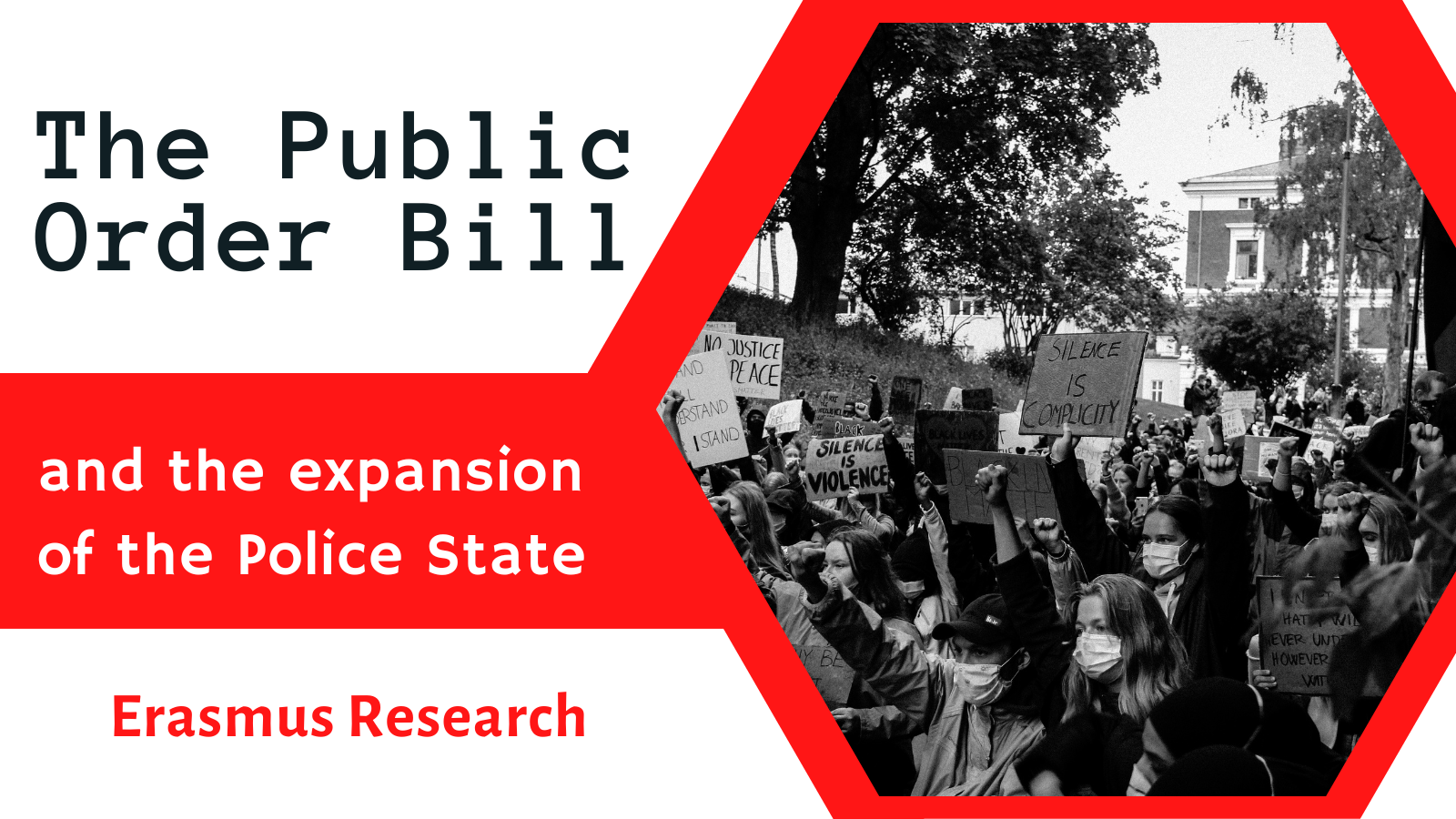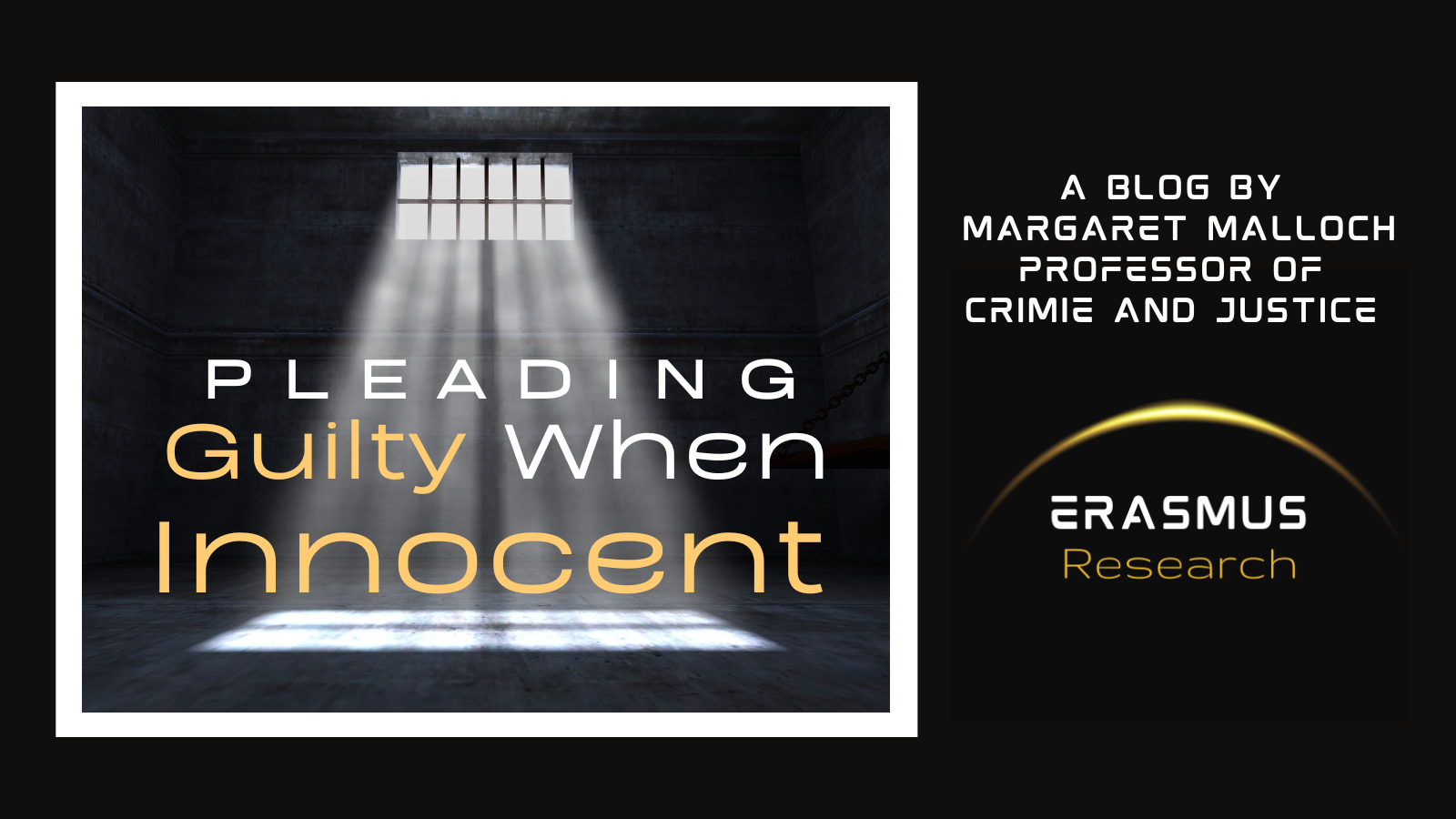By Nicola Ceesay (Doctoral Candidate, University of Glasgow) and Margaret Malloch (Professor of Criminology, University of Stirling).
A recently formed group, NOLR, is leading a social media campaign from 24 to 29 March 2025, along with other individuals and organisations to highlight the impact of the Order for Lifelong Restriction (OLR). NOLR was set up by the loved ones of people serving an OLR to campaign for its abolition and the resentencing of people who are currently subject to this order.
The OLR became available to the Scottish Courts in 2006 following the introduction of the Criminal Justice (Scotland) Act 2003. It is an indeterminate life-long sentence, which can be imposed following a violent or sexual offence or an offence which endangers life. When a person is being considered for an OLR, the court may consider the nature of the offence, or it may consider a pattern of behaviour which indicates a likelihood of the accused committing such an offence. In such cases the court will instruct a Risk Assessment Order, and a report will be undertaken to inform a decision as to whether the OLR should be imposed (Criminal Procedure (Scotland) Act 1995).
At sentencing the convicted person will be given a punishment part which indicates the minimum term that they must serve before they can apply for parole. They will be given a risk management plan which outlines the risks they pose, and the strategies required for reducing and managing them. If the person is not able to prove that they are not a risk to the public, they may remain in prison indefinitely. If they are released, they will be subject to lifelong monitoring and control. With the OLR there is no possibility of terminating or revoking the licence element of the sentence. The pre-sentence assessment and the lifelong nature of the sentence marks it out as distinct from other sentences, including the automatic life sentence for murder.
The decision to impose an OLR is based on a rigorous assessment of past offending, and characteristics of the individual which are thought to impact on their ability to engage in treatment, management and rehabilitative programmes. The OLR is not a just deserts-based punishment, that is a punishment for a past offence, it is a sentence that is based on future risk. Originally the OLR was intended as a means of securing public protection through imprisonment and community supervision yet data shows that very few people have ever been released.
A similar sentence in England and Wales (Imprisonment for Public Protection, IPP), was recently abolished for being in contravention of Human Rights. This followed the case James, Wells and Lee v. the United Kingdom 2012. Scotland, however, continues to operate the OLR despite a recent ruling (May 2024) where Scottish Ministers were found to be in breach of Article 5 (1) of the ECHR for failing to provide appropriate rehabilitative avenues for an OLR prisoner.
The OLR has become the focus of concern for a variety of reasons.
- It imposes an indefinite restriction, so individuals on these orders may either be in custody or subject to supervision for life, even after they have served the minimum (punishment part) of a sentence. The lack of a clear end point to a sentence can lead to psychological distress and uncertainty for individuals and their loved ones.
- The application of the OLR may disproportionately affect certain groups, such as individuals with mental disorders, neurodiverse conditions, learning disabilities or like imprisonment in general, those from socioeconomically disadvantaged backgrounds.
- Being subjected to an indeterminate sentence like the OLR can cause severe psychological distress. The European Court of Human Rights (ECtHR) has recognised in relation to life or long-term sentencing that this can amount to inhuman or degrading treatment.
- While evidence of rehabilitation may be required before release, the necessary programmes are not always available in Scottish prisons. Thus, if a person on an OLR is unable to access specified rehabilitation programmes as outlined in their individual specific risk management plan, they will not be able to demonstrate that they are no longer a risk. This has the effect of making the OLR a de facto life sentence without parole.
Research by Nicola Ceesay, at the University of Glasgow, highlights a number of human consequences of preventive punishment for those subject to the order and for those tasked with sentencing, care and management.
The introduction of the exceptional sentence has created a new category of people who are deemed to be unmanageable by any other means. The operation of this form of risk-based labour creates several challenges for those on the order, risk-practitioners and the criminal justice system which were perhaps unseen and unanticipated at the outset.
Through the imposition of the OLR, members of this group are permanently and symbolically stained with the mark of dangerousness. At the same time, they are required to demonstrate that they are complying with their risk management plans and taking steps towards rehabilitation and the management of the risks that they pose. In addition, those in custody are required to manage the psychological impacts of not knowing if they will ever be released. For the small numbers of those in the community, they are required to manage a strict regime of supervision, control and exclusion from many spheres of public life. Furthermore, the OLR process operates a labyrinth of paperwork, assessments, reviews, and processes, which are labour intensive and time consuming. This coupled with engaging with prison bureaucracy, a lack of resources and overcrowding in the estate contributes to barriers and delays which intensify feelings of futility and hopelessness. This results in a deep emotional and psychological burden which has implications for future hope, and what Brownlee (2021) has termed a ‘standard of hope’ in punishment. When the template for the OLR was set out by Lord Maclean and colleagues some 25 years ago, it was intended to be a means of managing long-term risk both in prison or secure hospital and in the community, and not simply a means by which the state could permanently exile a difficult group of ‘offenders’.
You can email the campaign – olrcampaigngroup@gmail.com
You can follow the NOLR Campaign on social media







